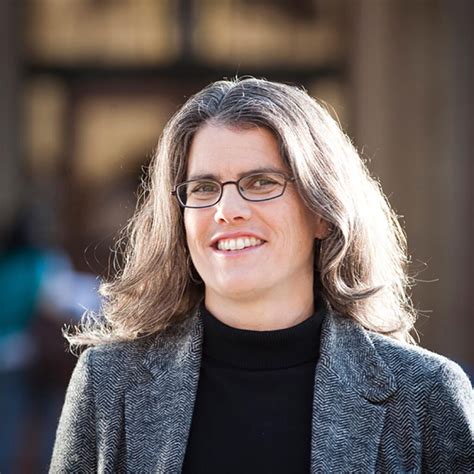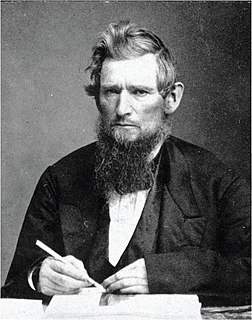A Quote by Andrea M. Ghez
Astronomers are obsessed with building larger and larger telescopes. There are two promises that we make with bigger telescopes: that they can see fainter things and that they see more detail. But it's been really hard to follow through on that second promise because of atmospheric distortion.
Related Quotes
Women decide the larger questions of life correctly and quickly, not because they are lucky guessers, not because they are divinely inspired, not because they practise a magic inherited from savagery, but simply and solely because they have sense. They see at a glance what most men could not see with searchlights and telescopes.... They are the supreme realists of the race.
We live inside our universe and cannot get a bird's-eye view of it from outside. And we cannot even see all of our universe. Distant parts of it are expanding away from us so fast that they are invisible; they go faster than the speed of light. Having bigger telescopes to see fainter stars will not help us here: invisible is truly invisible.
There are certain promises you make that are more sacred than anything that happens in a court of law,I don't care how many Bibles you put your hand on.Some of the promises,it's true,you make to young,before you really have an understanding of what they mean.But once you've made those first promises,other promises are called for.And the thing is you can't deny the new ones without betraying the old ones.The promises get bigger,there are more people to be hurt and disappointed if you don't live up to them.Then, at some point, your called upon to make a promise to a dying man.
You can put this another way by saying that while in other sciences the instruments you use are things external to yourself (things like microscopes and telescopes), the instrument through which you see God is your whole self. And if a man's self is not kept clean and bright, his glimpse of God will be blurred - like the Moon seen through a dirty telescope. That is why horrible nations have horrible religions: they have been looking at God through a dirty lens.
'As a fraction of your tax dollar today, what is the total cost of all spaceborne telescopes, planetary probes, the rovers on Mars, the International Space Station, the space shuttle, telescopes yet to orbit, and missions yet to fly?' Answer: one-half of one percent of each tax dollar. Half a penny. I'd prefer it were more: perhaps two cents on the dollar. Even during the storied Apollo era, peak NASA spending amounted to little more than four cents on the tax dollar.




































